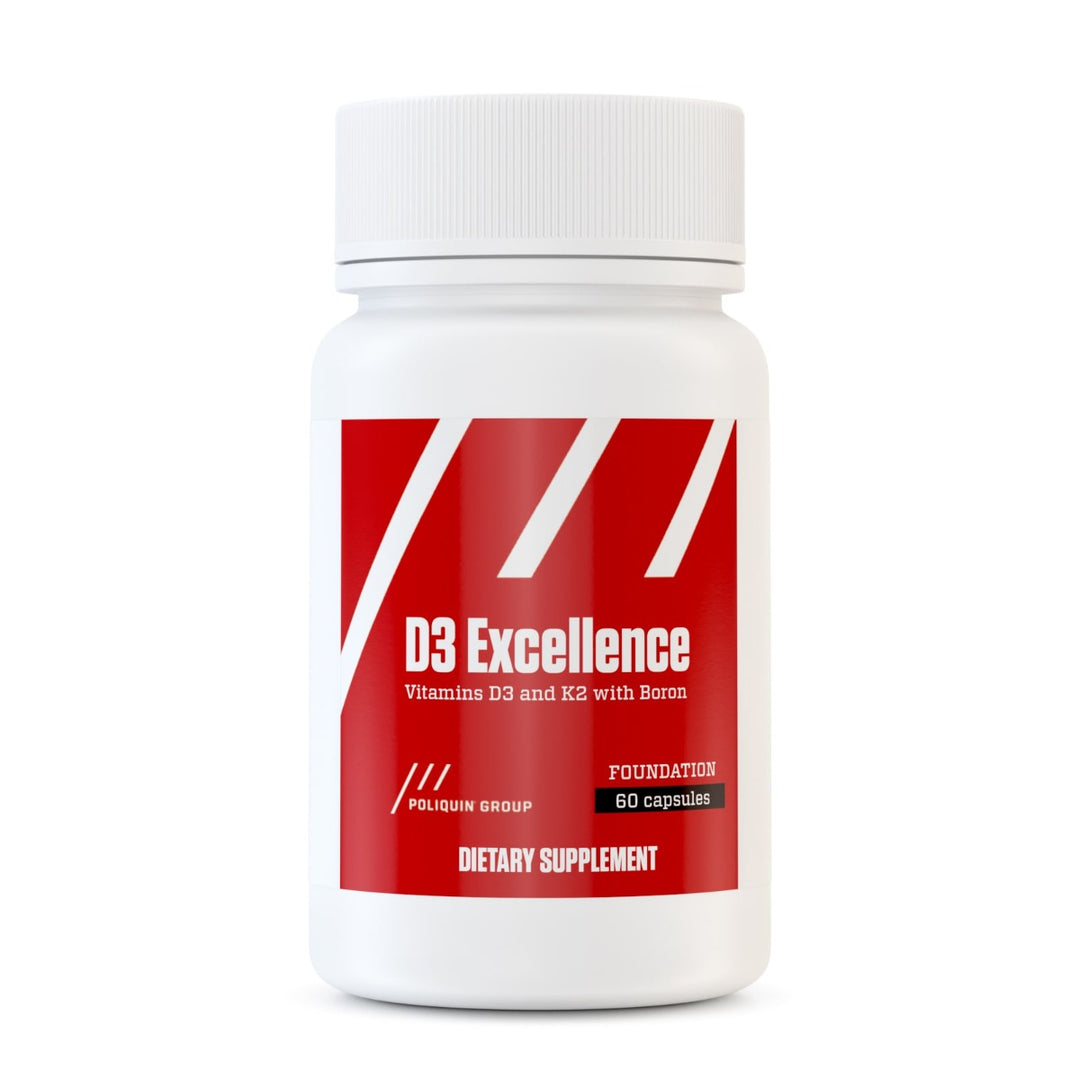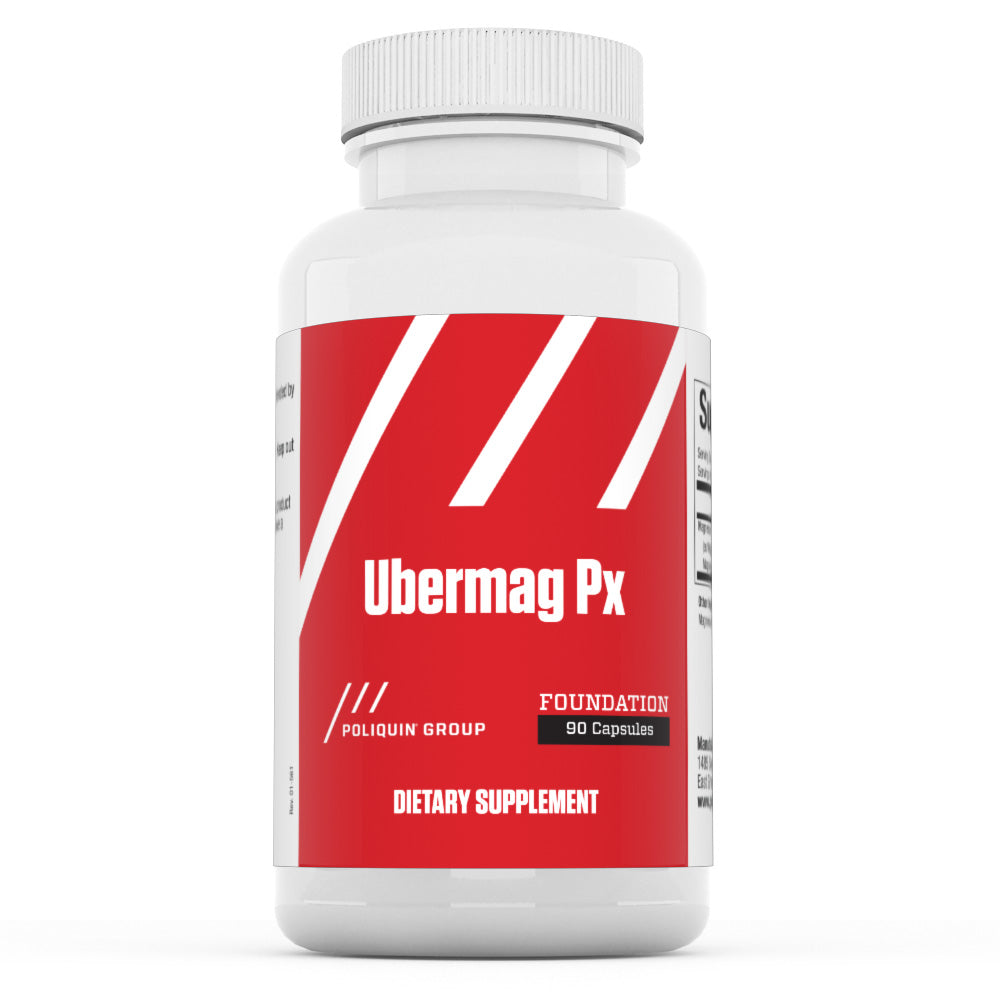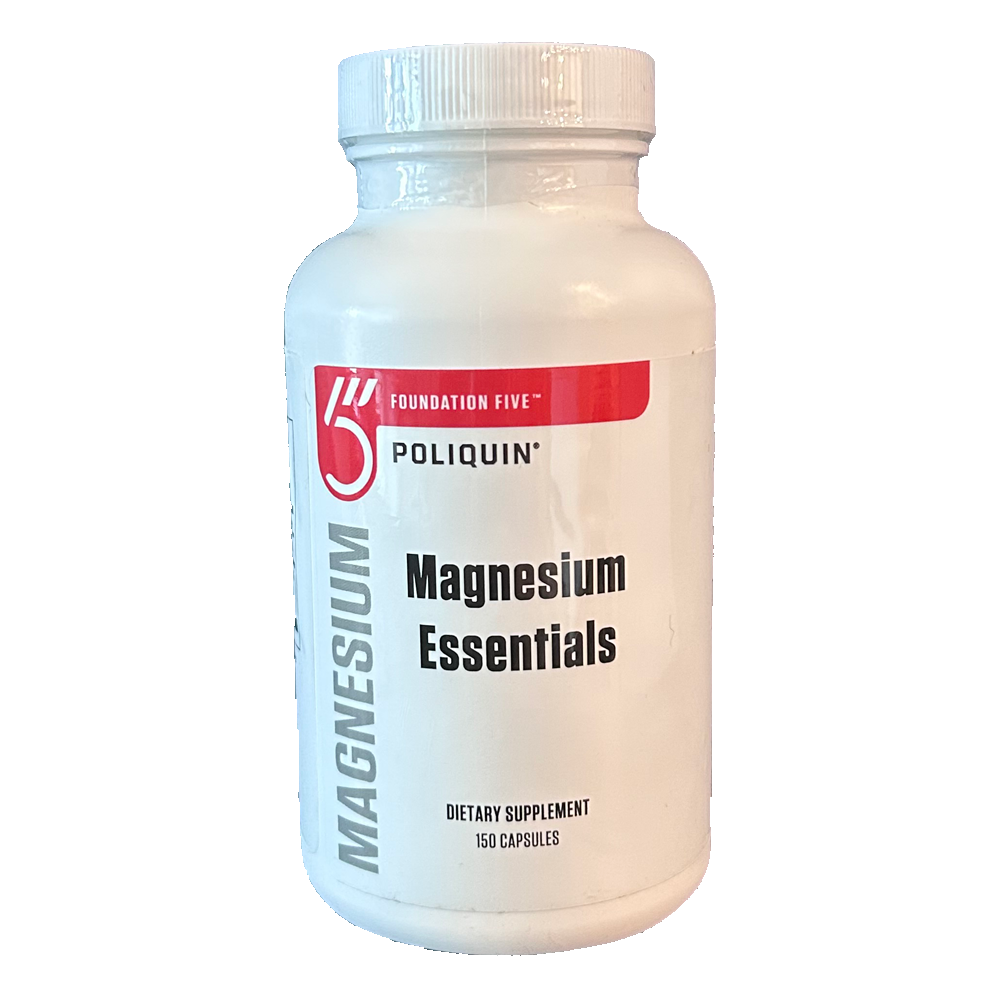Having Trouble Losing Belly Fat?
Watch Out For Sneaky Sources of Sugar
Excess belly fat is a big problem. Known scientifically as visceral fat, belly fat is located inside the abdominal wall around the organs.
Belly fat is a major health risk and curbs any chance that you’ll have six-pack abs. The fat cells that make up visceral fat are metabolically active, releasing hormone-like compounds known as adipokines that drive inflammation and raise risk of diseases, including diabetes, heart disease, and cancer.
Interestingly (and unfortunately), high levels of belly fat may also impair the hunger mechanism in the brain, making it harder for you to regulate food intake and avoid overeating. This means that many people get caught up in an obesity—inflammation cycle whereby their belly fat drives inflammation, which in turn makes it more likely that they will overeat unhealthy foods and gain more fat, fueling the inflammation harming their bodies.
Losing belly fat takes a multifaceted approach that incorporates physical activity, nutrition, and lifestyle habits. For a lot of people, overhauling their lifestyle is more than they can handle all at once. The good news is that a simple place to start is by identifying and eliminating added sugar from your regular eating program.
Sugar In Our Foods
It’s common knowledge that sugar is bad for you, and many people do try to avoid it by limiting desserts, sweets, and other obvious sugar-containing treats. However, the unfortunate reality is that food manufacturers have gotten sneaky and are adding sugar to almost every product, often in ways we would never expect.
For example, it’s standard for sugar to be added to salsa, pasta sauce, marinades, salad dressing, peanut butter, cereal, sports drinks, frozen entrees, crackers, almond milk and other alternative milks, jerky, deli meat, and protein powder.
There are also the less surprising, but equally problematic sugar-filled foods and beverages that people consume on a regular basis: Fruit juice, soda and other sugar sweetened beverages, coffee and tea drinks, jam, yogurt, granola and protein bars, and most low-fat foods, etc.
Add to that list the many refined and processed carbs that make up the majority of most people’s calories and you have a major overload of sugar in the diet.
Remember that refined carbs and added sugar are generally processed the same way by the body, meaning that for metabolic purposes they are equally bad. Chips are just as bad as cookies because the carbohydrates they contain turn into glucose and spike insulin in the same way.
Fructose
Which brings us to fructose, a type of sugar that is found in fruit and other plants and is sometimes considered a healthier sugar by uninformed individuals. At small doses in natural form, fructose is not a problem. However, most people aren’t getting their fructose from fruit. Despite the outrage over high fructose corn syrup, many food manufacturers are still using fructose in their products, banking on the misconception that people will think it is a better option than regular sugar.
Fructose is processed differently from table sugar. It doesn’t raise blood sugar or insulin levels in the same way that glucose does. Table sugar is turned into glucose in the body, but fructose must be first processed by the liver, where it gets converted to glucose. In minimal quantities, such as a piece of fruit, this is not a problem, but in the volumes that most people are consuming added fructose, it overloads the liver, which leads the liver to store it as visceral fat, often inside the liver.
Over time, this leads to fatty liver disease and harms the liver’s ability to function and do its job. Inflammation develops, fueling the obesity—inflammation cycle and making it that much harder to get your sweet tooth under control and lose belly fat.
Fructose is an especially sneaky sugar because most people don’t recognize it when they are reading labels as sugar. Additionally, it makes up 90 percent of agave syrup, which is often touted as a healthier sugar because it comes from a plant. News flash: All sugar comes from a plant—whether it’s sugar cane, sugar beets, or some fancier source of sugar, it’s all naturally derived, but that doesn’t mean it’s good for you.
Take Aways
The bottom line is that is that if you want to take control of your health and lean up your belly, it’s time to start reading labels and get rid of the sneaky added sugar, no matter what name it’s called. Though not a complete list, here are some of the common names for added sugar:
Sugar, sucrose, high-fructose corn syrup, corn syrup, fructose, agave, beet sugar, molasses, brown sugar, cane sugar, cane juice crystals, coconut sugar, demerara sugar, evaporated cane juice, Florida crystals, fruit juice, fruit juice concentrate, hoe, maple syrup, raw sugar, sorghum syrup, sucanat, turbinado sugar, barley malt, brown rice syrup, dextrose, maltodextrin, ethyl maltol, malt syrup, maltose, d-ribose, and galactose.
For some food products, you’ll be able to find an alternative that doesn’t have added sugar. For example, most nut butters contain sugar, but you can almost always find a plain, sugar-free option. With sauces (pasta sauce, ketchup, salsa, marinades) things get a lot trickier and you may have to make your own.
If you want more tips for kicking sugar to the curb, check out this article that gives you action-based tips for eating less sugar.











